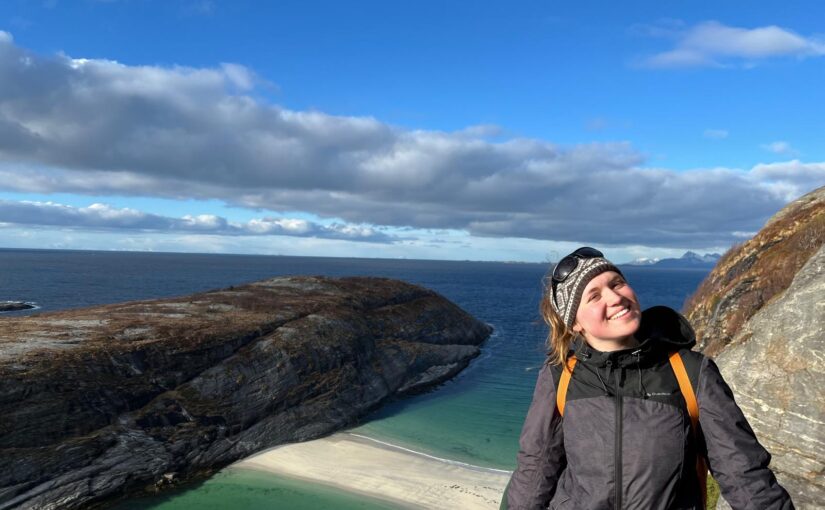Field of study in Wageningen: BSc Biology
Study period exchange: 08/01/2024 – 07/06/2024
Country (exchange): Norway
City (exchange): Bodø
University (exchange): Nord University
Faculty (exchange): Faculty of Biosciences and Aquaculture
2. Motivation for exchange
Why did you choose to go on study exchange?
Because I wanted to challenge myself in how well I can adapt to strange environments, befriend new people from different cultures and what living abroad could have for an effect on me as a person. I also wanted to experience what life in a country with a very different environment such as the arctic was like and to try out new hobbies such as arctic diving, skiing and winter hiking.
What is the reason you chose for this country?
I chose Norway because it is a country with a wonderful environment and a very outdoorsy type of people and lifestyle which is something I miss in the Netherlands. Furthermore I wanted to get more familiar with living in arctic conditions. How to survive all the snow and the cold and what do you do when there is only 2 hours of light a day or 24 hours of sun.
What is the reason you chose for this university?
I chose the university for its environment, its courses in arctic marine biology and because of its strive to make aquaculture more sustainable.
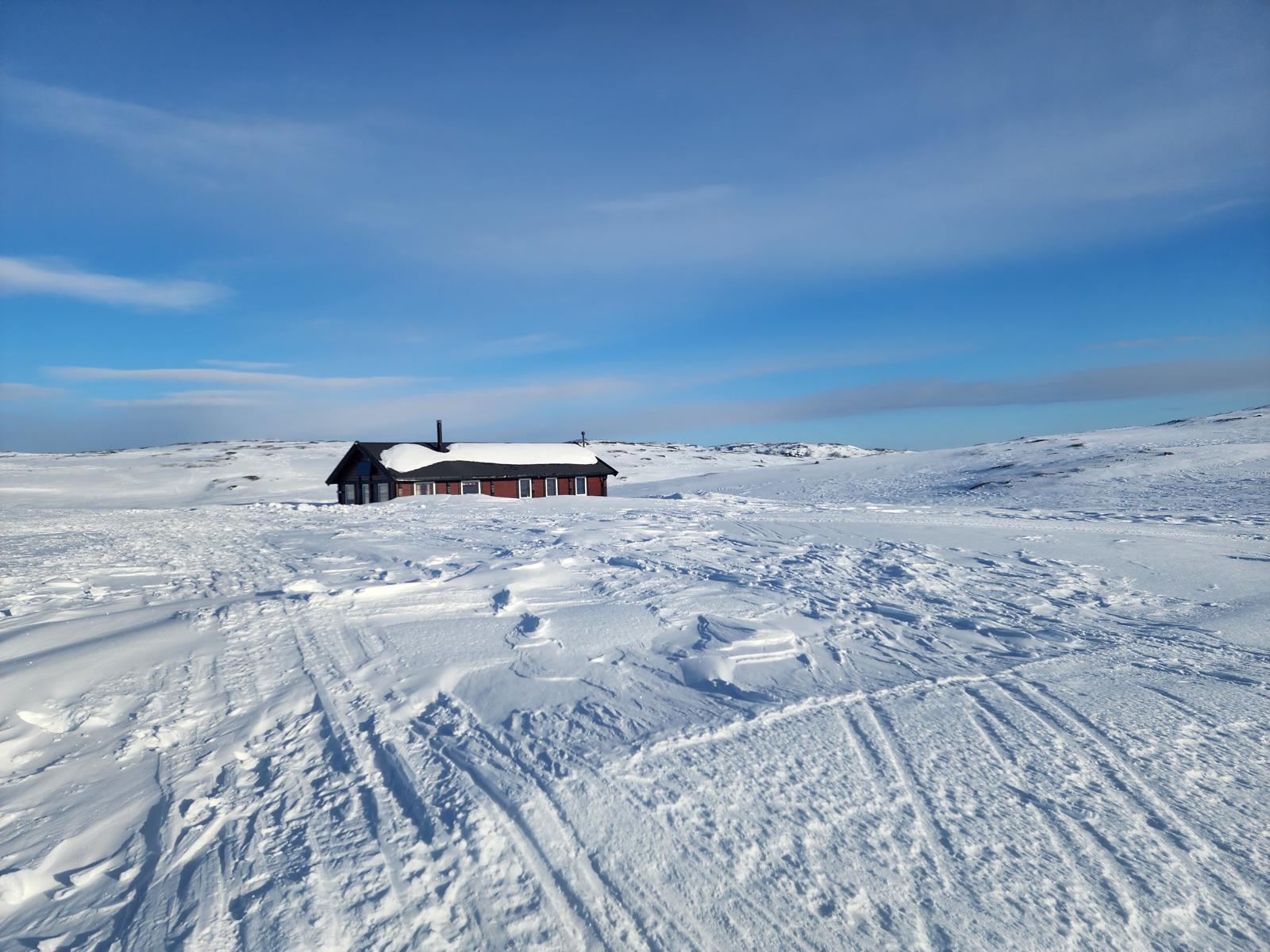
3. Accessibility to reach destination
I would recommend going by train if you want to choose the greenest option, and flying is the fastest. There is also a bus going from the airport every ten minutes during weekdays and every thirty minutes in the weekends. You can also drive up to the North and make it a more road trip like experience. This is however the slowest way to reach your destination.
4. University and studying
Could you provide some general information about the followed courses?
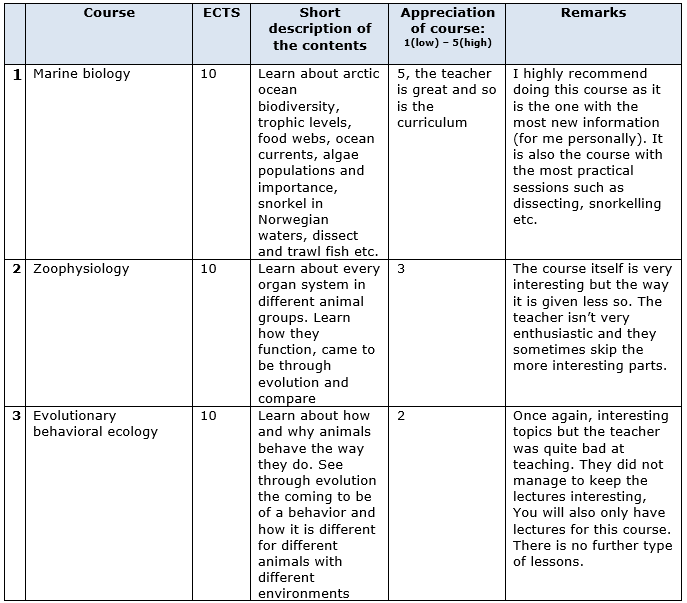
I had sufficient possibilities to select suitable courses that were taught in English: Yes, they have many internationally aimed packages. These courses packs are made specifically for exchange students.
I had sufficient possibilities to select suitable courses in my field of interest: For Biologists yes, however the courses are all a bit more general courses, so knowledge you’ll probably already have had in previous courses at WUR.
I am satisfied with the level of the courses that I followed: No, I found them to be a bit too easy, not challenging and repetitive. Not much interactive lessons either, mostly lectures and very few practicals.
I am satisfied, in the end, with the selection of courses I followed: No, I would eventually rather have chose another course from that same package that would have been a bit more challenging, Molecular ecology it was called.
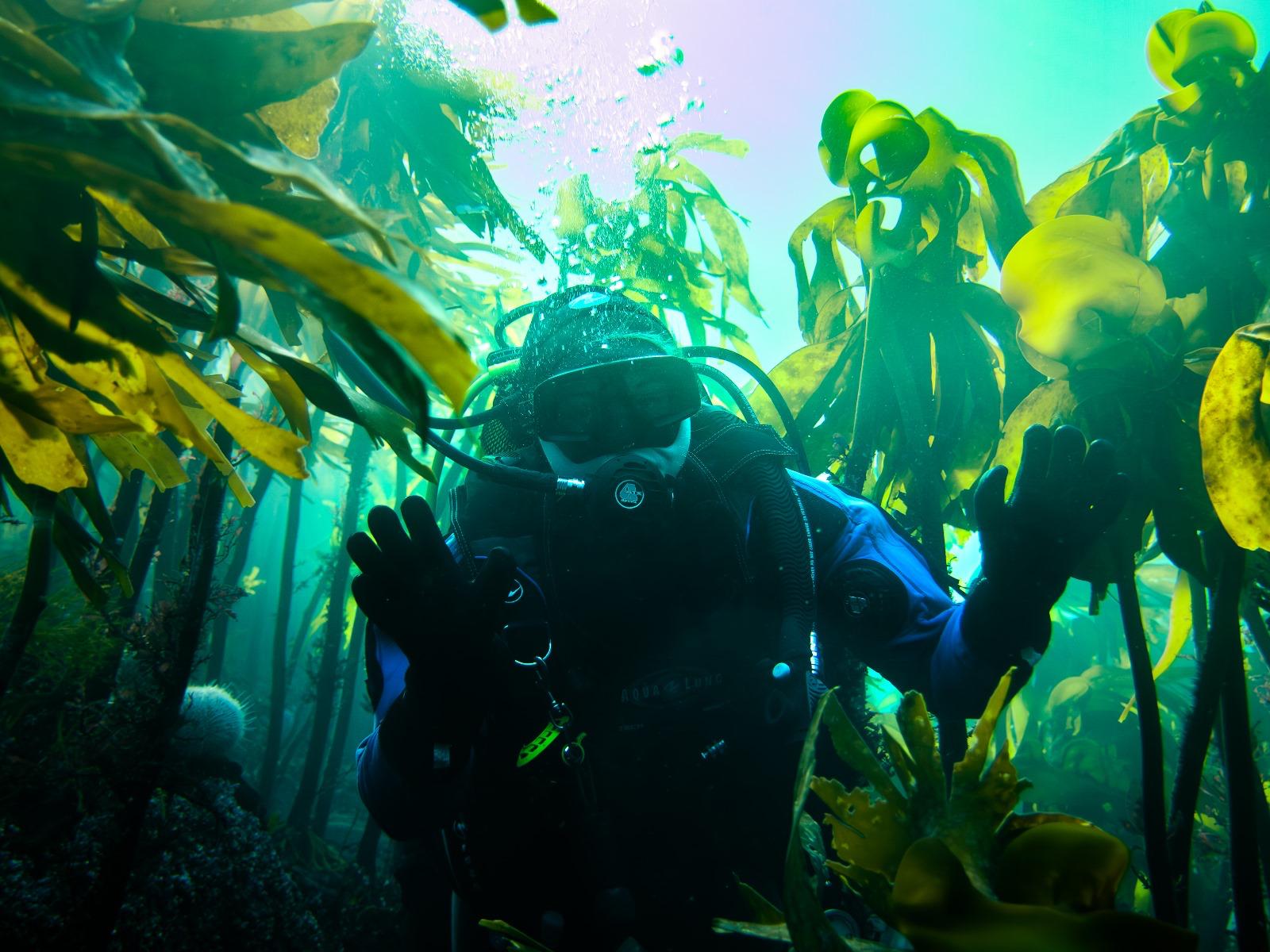
What is it like to study there?
It is very peaceful. You will only have lectures or practicals in the morning and maybe one week where you have lessons that will take all day (practical or field work). There is only one course a day often and so you will have plenty of time to do other things during the afternoons. The workload is little. The examination very doable and nice. The lesson material interesting but the teaching often disappointing. I had one really nice teacher. It is also clear that this university is very new and there is still a lot of chaos in teaching, course build-up and schedules.
What is the culture of the university?
WU has way more interactive lectures and more enthusiastic teachers that give excellent feedback. Nord University has a lack of interaction with the students and also have very few practicals in their courses which is a shame.
What does the university offer the student additionally?
They offer a couple of student organisations that organise student activities such as a party, sport activities, arts and crafts and food markets. They have a nice canteen. They don’t have student sport facilities, only in certain student housing.
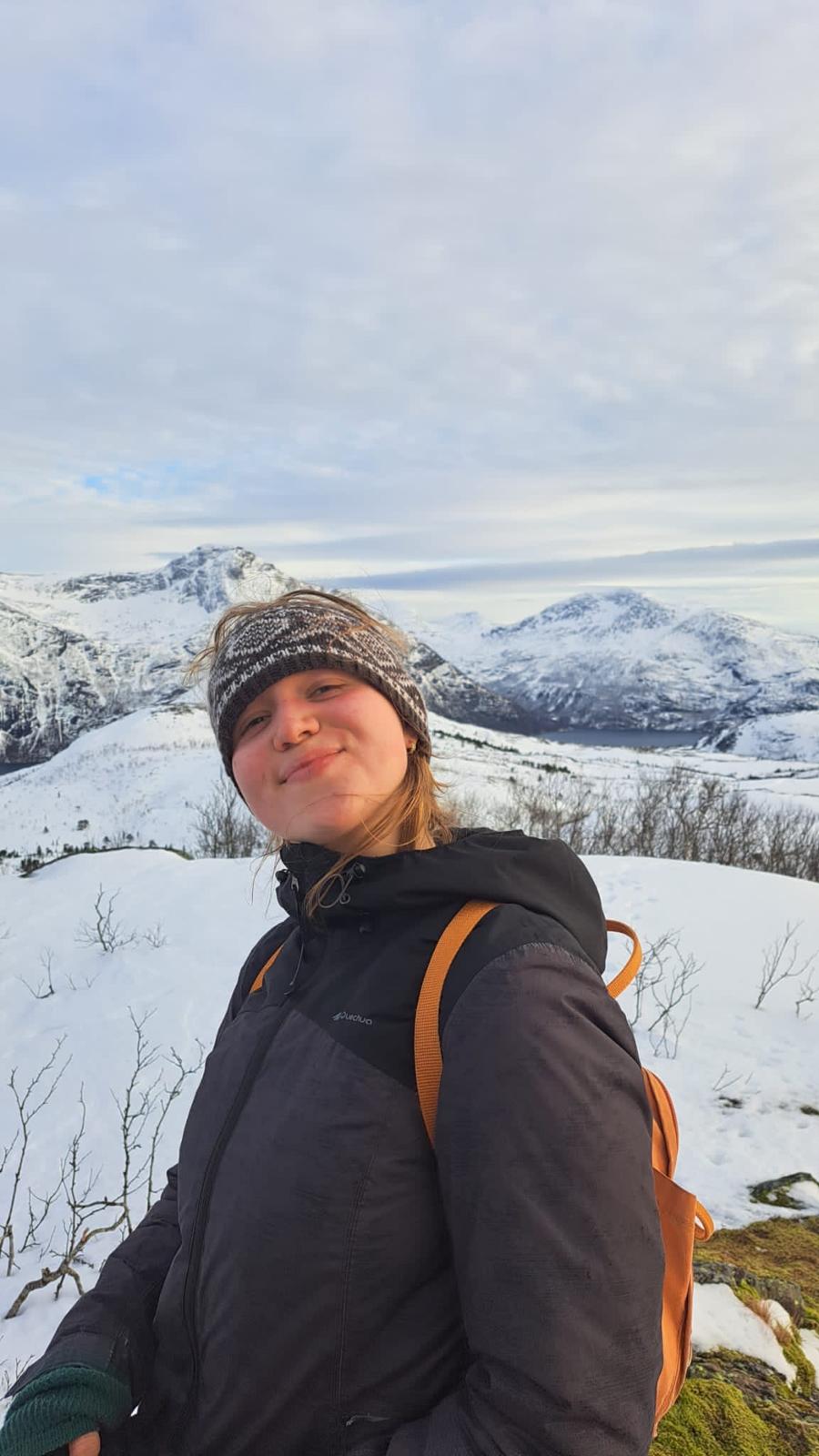
5. Housing-travelling-living
What are the possibilities for housing?
The university takes care of housing for you through their housing department which is a separate organisation that works with the university. Rent rates can differ depending on where you live and what for room you choose. Closer to university and newer buildings are more expensive for example.
What is the culture like?
Norwegians are a very stern, quiet and less social type of people but they can be great once you get to know them. The local food is mostly fish and meat. Sadly as a vegetarian there weren’t many local food options. However they have veggie options in many restaurants in town. Being very open, chatty or whatever in public spaces is not common but very much accepted. Differences with home would be the fact that people are less direct, less open and social.
Could you give some information about public transport infrastructure?
Public transport close to town is great. Buses go almost every 10 minutes during weekdays and every half hour in weekends. The prices are really good too. You pay about 25 euros for a monthly ticket where you can use all buses, ferry’s but not trains in Nordland county (the ‘province’). Trains are very expensive and always need seat reservations, great for long distance travel though. Ferry’s are free of cost.
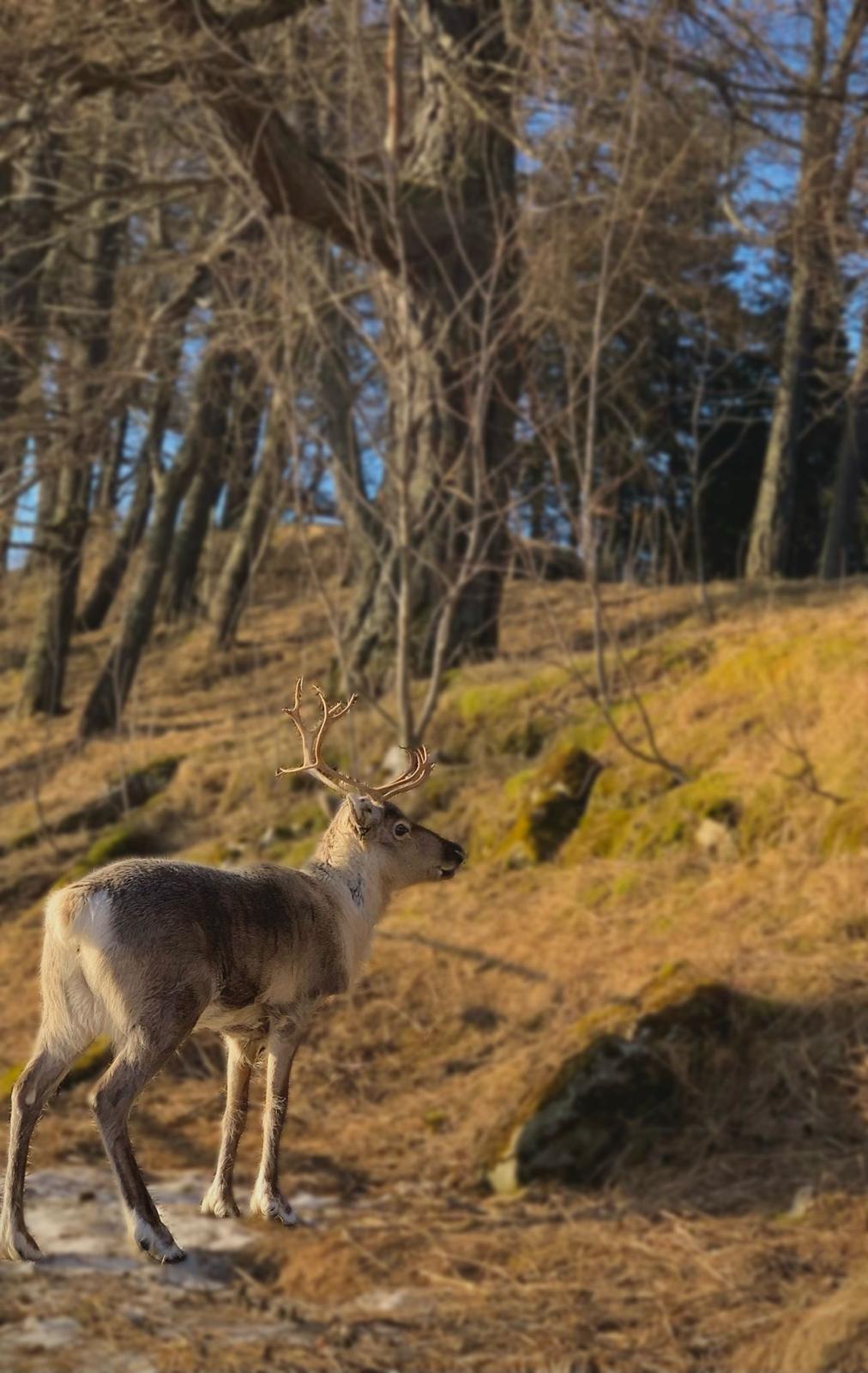
6. Expenses
Can you give an indication of your expenses for/during your exchange? 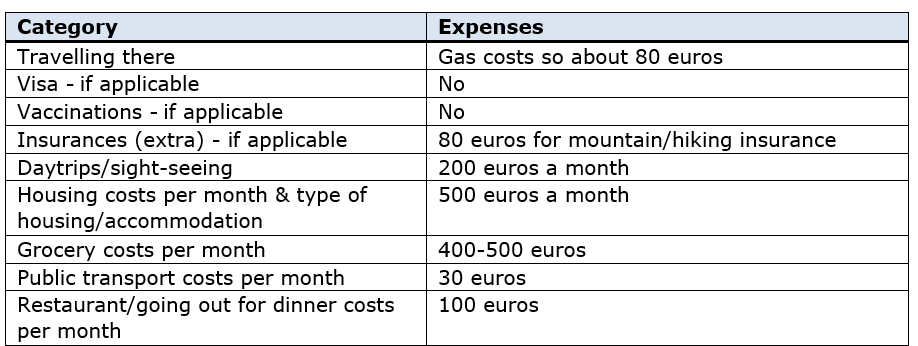
The price levels were in general higher in comparison to in the Netherlands: Norway is very expensive so much higher than in the Netherlands.
Additional remarks regarding expenses?
Booze is very expensive as well as dairy, meat but not fish. Housing is similar. Electricity is basically free.
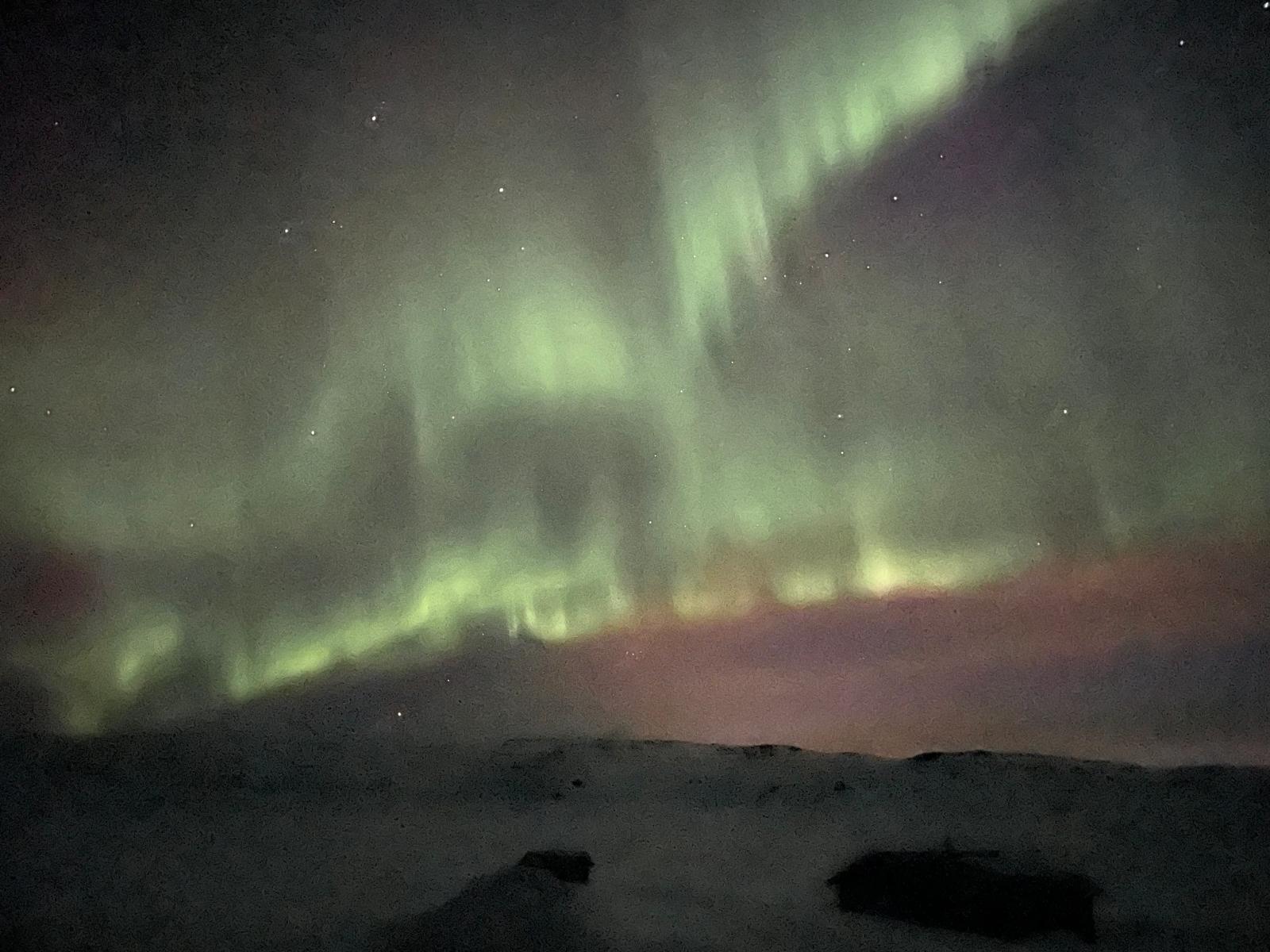
7. Free time
What are must-sees in the area?
Hiking everywhere near Bodo, multiple national parks, Lofoten, vaeroy island, Rost island, weekend trips to tromso, Narvik, kjerringoy, Trondheim and Bergen. Skiing, langlaufen etc.
What does not appear in a travel guide, but is definitely worth seeing/doing?
If you are into the marine environment go snorkel or scuba dive in Saltstraumen. Or ask a local diver (Bodo diving and Nord&NE diving) for more details.
7. Challenges & best moment abroad
What challenges did you encounter and how did you overcome them?
The weather, all the snow was sometimes hard as you sometimes were limited in what you can do but you will get used to that. I learned how to dress, what to bring on hikes and what to do if there is a lot of snow. Also the darkness was something new. But everything is lit up (ski trails, roads everything) so you can still go for walks or sightseeing.
What is your best memory of your time abroad?
Sleeping in a DNT hut, then building a snow cave, sleeping in it and skiing to it under the Northern lights!!!
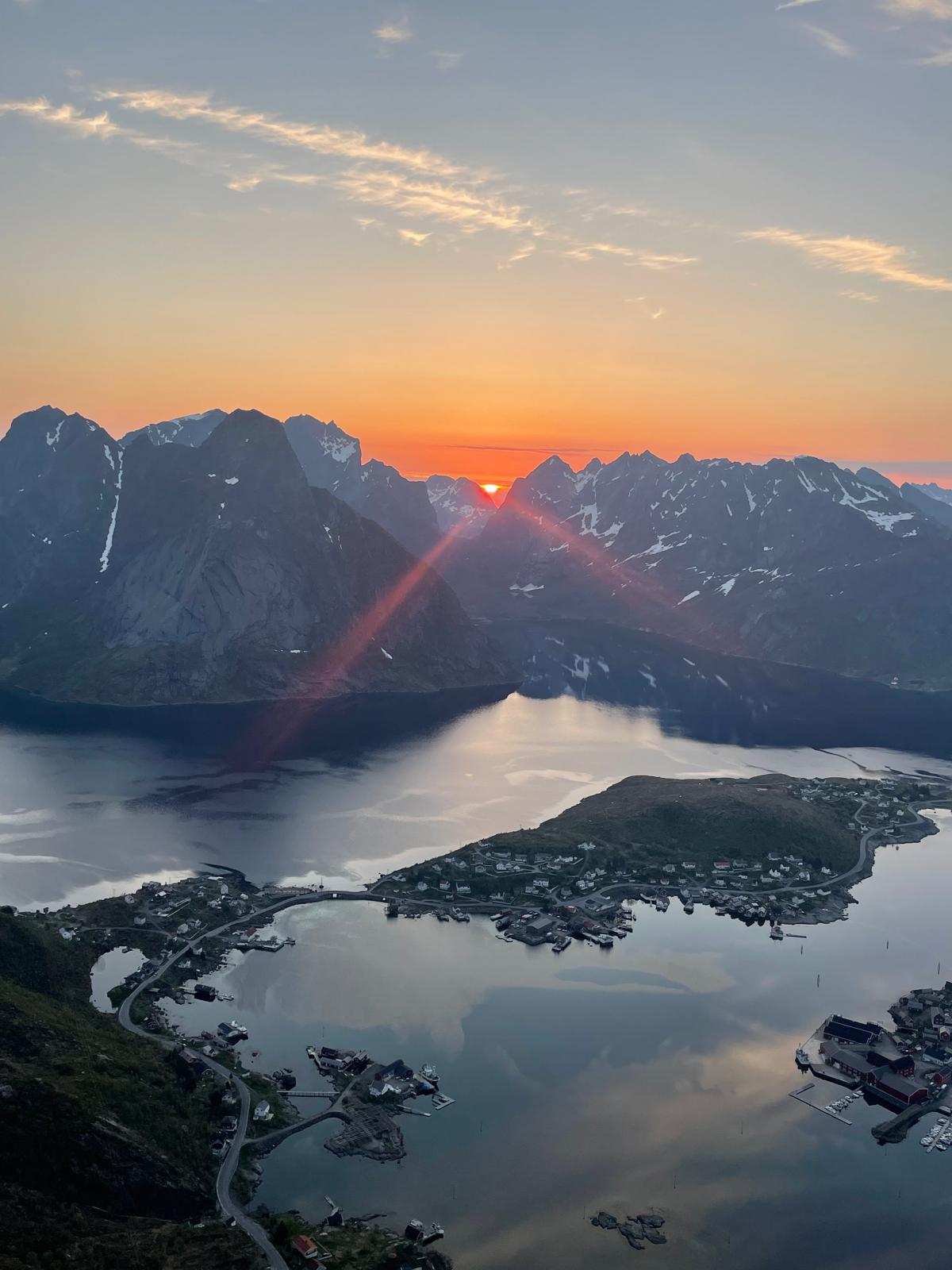
8. Contact Details
Would you like to ask Shelle more questions about her exchange?
Send her a mail: Shelle.kelhout@wur.nl

